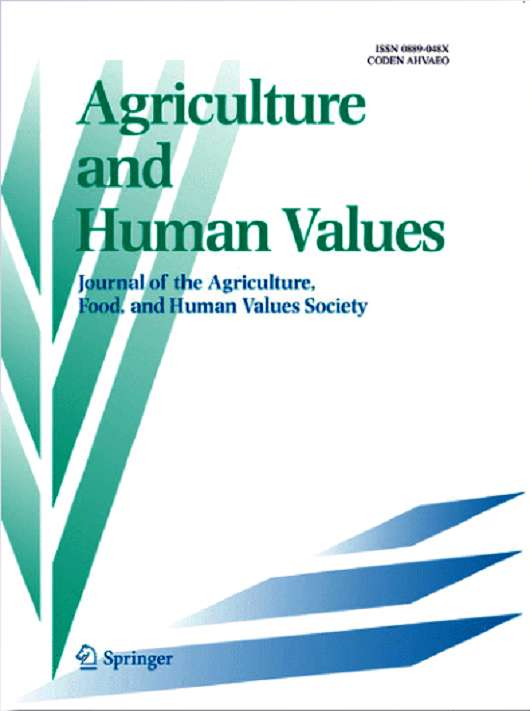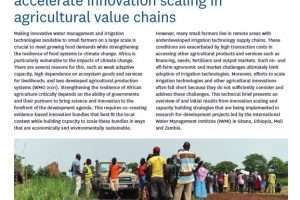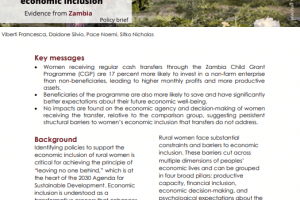Gender mainstreaming has been prioritised within the national agricultural policies of many countries, including Nepal. Yet gender mainstreaming at the national policy level does not always work to effect change when policies are implemented at the local scale. In less-developed nations such as Nepal, it is rare to find a critical analysis of the mainstreaming process and its successes or failures. This paper employs a critical gender analysis approach to examine the gender mainstreaming efforts in Nepal as they move from agricultural policies to practices. The research involved a structured review of 10 key national agricultural policy documents, 14 key informant interviews, and two focus group discussions with female and male smallholder farmers. Results suggest that gender mainstreaming in national agricultural policy and practice has largely failed. The creation of the Gender Equity and Social Inclusion (GESI) section within the Ministry of Agriculture and Livestock Development is paradoxical to gender-responsive agricultural innovation because it has received limited human and financial resources with an expectation for women to manage this policy development in informal and largely unrecognized ways. At the regional and local levels, implementation of fundamental gender equity and social inclusion procedures—such as gender-responsive planning and budgeting—has become staff responsibility without requisite formal training, gender sensitization, and follow-up. In Nepal, women as smallholder farmers or agricultural labourers are recognized as a vulnerable group in need of social protection, but the welfare approach to gender mainstreaming has achieved little in terms of gender equity, social inclusion, and agricultural sustainability. This paper concludes that what is generally missing is a systemic transformation of gender roles and relations in agriculture, with policies that would support rural women’s empowerment through the provision of economic and political rights and entitlement to productive resources.
Rethinking gender mainstreaming in agricultural innovation policy in Nepal: a critical gender analysis
July 6, 2022
208 Views
2 Min Read

-
Share This!




Add Comment